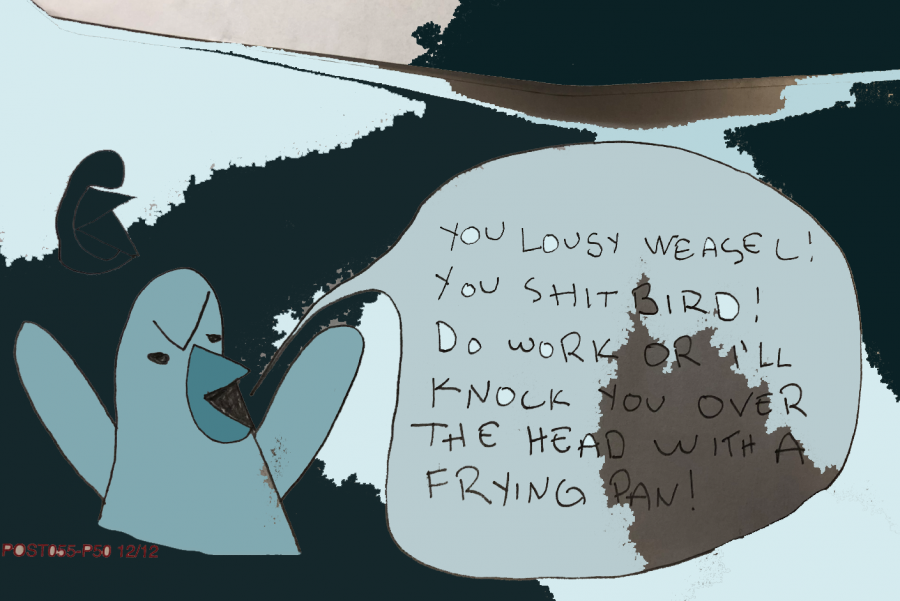You deserve to rest
November 5, 2020
I don’t know about you, but I’ve been going through a slump lately. I do not feel motivated to even write this piece, and I mostly want to go to bed. But I need to meet a deadline, so I’m typing away, and that’s okay. Maybe I’m a hypocrite. Maybe you’re procrastinating by reading this. If so, that’s super valid.
I’m writing this pre-election day, but regardless of its outcome, most of us can agree that this year has been disorienting, stressful and just plain weird in a lot of ways. Maybe this week feels like all of these and more.
As Liz Fosslien puts it, a lot of us are in “this weird place where we’re doing the same thing every day as the world around us moves faster and faster and faster, and that is just exhausting.”
YouTuber Nathaniel Drew holds a similar view, and he is taking a break from his channel. In a video explaining why, he states, “I go through periods of production, expansion and output; and then I also go through periods of retraction and reflection and input. I think these cycles are really important — I mean, they feed each other.”
There is a certain ebb and flow to everything, and I think there is value in learning to work with (rather than conquering) your everyday cycles. We all kind of know this already. We have to do certain things — eat, drink and sleep, for example — in order to do other things. Being alive requires some maintenance work.

Rest prepares you to effectively produce, and being productive can help you rest.
To be fair, the aforementioned Drew is a financially stable, self-employed artist, and he has the freedom to take a break. A lot of people are sleep deprived, stressed and overworked. Students, instructors and staff are all in a funky position where they must navigate their cycles of production and retraction while managing a largely unrelenting expectation to produce.
And while we don’t have a formal break until Thanksgiving, I do think we have opportunities to engage in everyday maintenance work, which looks different for everyone.
If you don’t know what I mean by that, you can ask yourself, What’s something in the past that has helped me relax, or something I’d be willing to try? What is something I never regret doing?
If the answer to any of these is I have no clue, or I haven’t known since March, then know that you are not alone. It can be hard to do things that are good for you when you’re stressed, and forming healthy habits requires a combination of patience and cognitive flexibility that stress tends to extinguish.
It’s a bit of a catch-22, but if you are interested in finding strategies to work through stress cycles, then you can check out this blog post on burnout or the Fosslien-linked article above.
I have previously argued that discipline is a form of self care, and while I stand by what I said, I think the piece was a bit intense and perhaps pushy. Discipline at its best entails a subtle balance between discomfort and familiarity. Everyone copes differently, and sometimes the best form of self care is rest.





